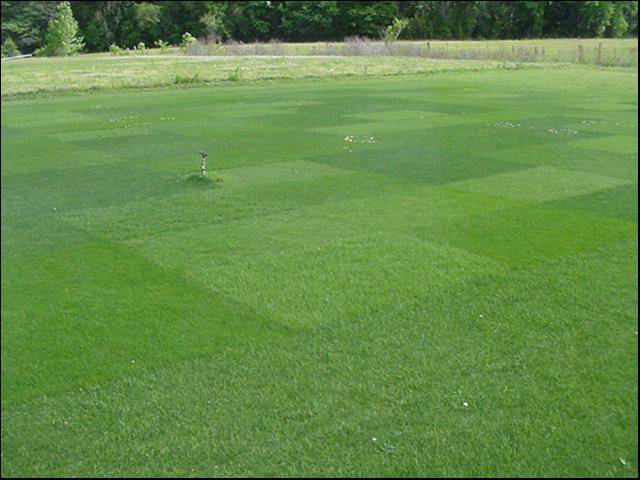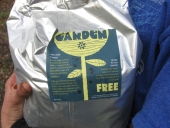




[img]http://i109.photobucket.com/albums/n52/havlik1/permie%20pics2/permiepotrait3pdd.jpg[/img]
"One cannot help an involuntary process. The point is not to disturb it. - Dr. Michel Odent
















"the qualities of these bacteria, like the heat of the sun, electricity, or the qualities of metals, are part of the storehouse of knowledge of all men. They are manifestations of the laws of nature, free to all men and reserved exclusively to none." SCOTUS, Funk Bros. Seed Co. v. Kale Inoculant Co.








[img]http://i109.photobucket.com/albums/n52/havlik1/permie%20pics2/permiepotrait3pdd.jpg[/img]
"One cannot help an involuntary process. The point is not to disturb it. - Dr. Michel Odent




rockguy wrote:
Slugs don't like coffee grounds, even used ones. Isn't there a Holly with lots of caffeine?
"the qualities of these bacteria, like the heat of the sun, electricity, or the qualities of metals, are part of the storehouse of knowledge of all men. They are manifestations of the laws of nature, free to all men and reserved exclusively to none." SCOTUS, Funk Bros. Seed Co. v. Kale Inoculant Co.




Brenda Groth wrote:what about using coffee grounds in compost?
"the qualities of these bacteria, like the heat of the sun, electricity, or the qualities of metals, are part of the storehouse of knowledge of all men. They are manifestations of the laws of nature, free to all men and reserved exclusively to none." SCOTUS, Funk Bros. Seed Co. v. Kale Inoculant Co.








rockguy wrote:
Here's a little about holly in the US with caffeine.
http://news.ufl.edu/2009/06/25/yaupon-drink/
"the qualities of these bacteria, like the heat of the sun, electricity, or the qualities of metals, are part of the storehouse of knowledge of all men. They are manifestations of the laws of nature, free to all men and reserved exclusively to none." SCOTUS, Funk Bros. Seed Co. v. Kale Inoculant Co.




Joel Hollingsworth wrote:
Nice!
That looks like it would grow OK in my part of the US, but from the article, it doesn't sound particularly hardy.





Jonathan_Byron wrote:
What do mean by hardy? Resistant to cold?
"the qualities of these bacteria, like the heat of the sun, electricity, or the qualities of metals, are part of the storehouse of knowledge of all men. They are manifestations of the laws of nature, free to all men and reserved exclusively to none." SCOTUS, Funk Bros. Seed Co. v. Kale Inoculant Co.








rockguy wrote: I seem to recall an index on the old site that Dr Duke had up that lists all plants with a particular chemical. If I remember it right, caffeine is in a lot of plants, but they might all be tropical. I'll see if I can find it.
"the qualities of these bacteria, like the heat of the sun, electricity, or the qualities of metals, are part of the storehouse of knowledge of all men. They are manifestations of the laws of nature, free to all men and reserved exclusively to none." SCOTUS, Funk Bros. Seed Co. v. Kale Inoculant Co.
















 )
)
Connecticut Accredited Nurseryperson
Accredited Organic Land Care Professional (NOFA)




Coffee grounds are a nutritional additive for your soil. During the brewing process, most of the acidity is removed, leaving used grounds with with an average PH of 6.9 and a carbon-nitrogen of 20-to-1.

|
Poop goes in a willow feeder. Wipe with this tiny ad:
The new kickstarter is now live!
https://www.kickstarter.com/projects/paulwheaton/garden-cards
|






